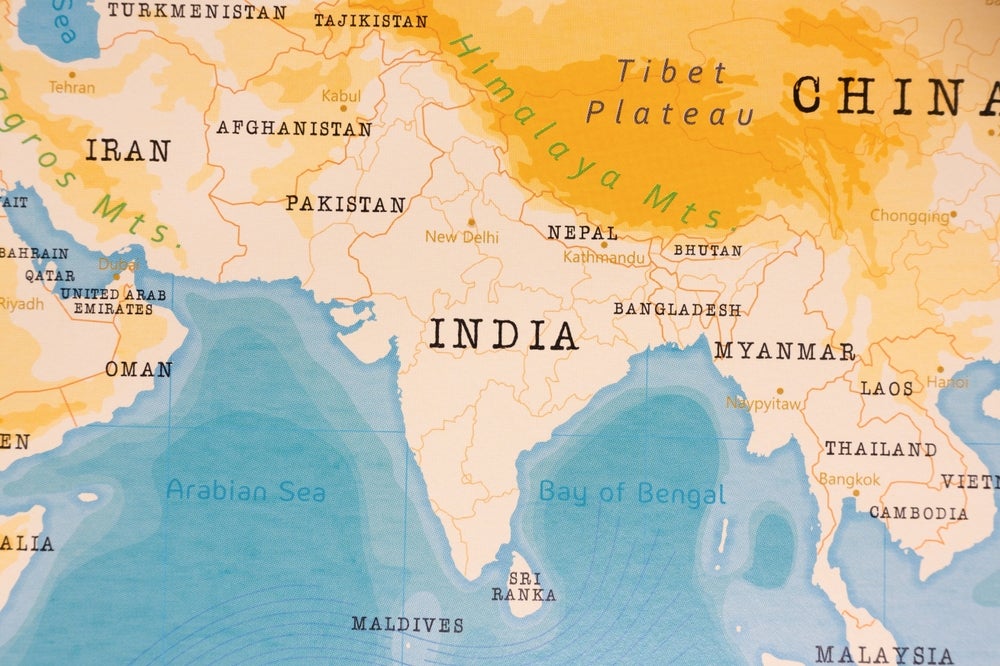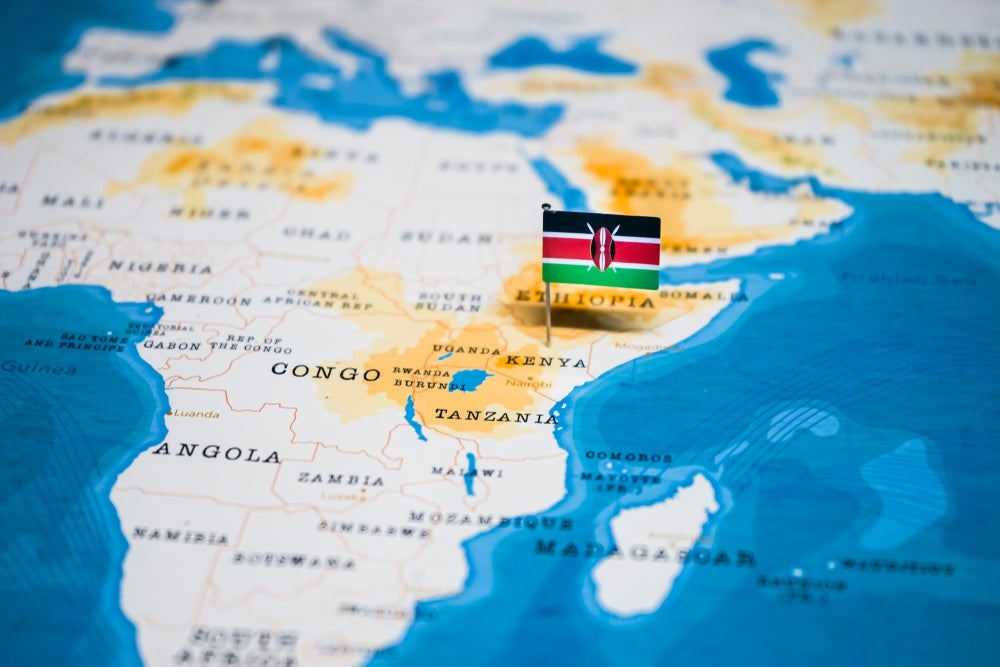
The technology industry is set to face sweeping new regulations to mitigate the risks of new innovation.
That is the projection of GlobalData’s newly published Thematic Intelligence: Tech Regulation report, which argues that, while technology can catalyze growth and digital transformation can help enterprises and consumers tackle challenges, the pace of innovation today presents “unprecedented risks to society”.
Areas like artificial intelligence (AI), blockchain, and digital health must be allowed to flourish, it says, but adequate protections for society must be put in place, and this will see scrutiny of the tech industry intensify with increased regulatory activity.
Laura Petrone, Principal Analyst for Thematic Research at GlobalData, discussed these issues and more ahead speaking on the company’s The Future of Tech Regulation 2023 webinar with Senior Analyst Emma Taylor and Analyst Beyza Karakoy on 14 September, for which registration is open now.
GlobalData: Why is regulation a key theme for the technology, media, and telecom industries?
Laura Petrone: The technology, media and telecoms industry has provided the tech, products, and services necessary for accelerating digital transformation. But, as the pace of innovation accelerates in areas including artificial intelligence (AI), autonomous vehicles, blockchain and digital health, regulatory activity will heighten, and scrutiny of the industry will intensify.
As a result, regulation will continue to be a top priority for tech companies. In an increasingly complex and uncertain regulatory landscape, tech companies need guidance to understand the main areas of risks.
How well do you really know your competitors?
Access the most comprehensive Company Profiles on the market, powered by GlobalData. Save hours of research. Gain competitive edge.

Thank you!
Your download email will arrive shortly
Not ready to buy yet? Download a free sample
We are confident about the unique quality of our Company Profiles. However, we want you to make the most beneficial decision for your business, so we offer a free sample that you can download by submitting the below form
By GlobalDataWhat are the key areas that will be targeted by regulators over the coming years?
Regulators will come after tech companies in 12 regulatory arenas: data security, data privacy, antitrust, tax avoidance, misinformation, online harm, AI ethics, copyright, net neutrality, US-China tech sanctions, ESG and obstruction of justice. We believe that data privacy, antitrust, AI ethics, and online harm will be the main targets of regulators’ investigations in the near term as these are the most critical areas to ensure a safe and efficient digital economy.
Data privacy is well-established, mainly thanks to the EU’s General Data Protection Regulation (GDPR), a powerful framework for imposing data privacy fines. We are now seeing the first tangible attempts to regulate other important aspects of the digital economy with the Digital Markets Act (DMA) and the Digital Services Act (DSA), which will become fully applicable between 2023 and 2024. Regulation around AI ethics is only at a discussion stage, but the EU’s AI Act is currently the most advanced legislation on the matter.
Which companies and areas of focus are the most vulnerable as they face heightened scrutiny?
Big Tech is especially at risk, particularly ad-funded internet companies that treat data as a free resource. The likes of Meta, Alphabet, Amazon and Apple are highly exposed to antitrust regulation and meet the criteria to qualify as ‘gatekeepers’ under the EU’s new antitrust legislation.
Big Tech companies also have the most at stake with AI regulation, and the AI Act has the potential to hold providers of foundation models that create content from limited human input, like ChatGPT, accountable for assessing and mitigating possible risks.
Which geographies will be the most stringent in regulating Big Tech and which are falling behind?
Brussels is taking the lead in promoting new regulation – including on AI – with a string of new laws targeting Big Tech’s business model. In Washington, despite President Biden’s resolve to step up tech regulation, a divided Congress makes a change in the legal landscape unlikely.
For its part, the Chinese government must strike a delicate balance: maintaining regulatory oversight of the tech sector while innovating fast in the technologies most under pressure from the US.
To what extent can the digital economy be regulated without hampering innovation?
This old dilemma becomes especially topical today with the upcoming regulation in key areas of the digital economy. The only way to solve it is to ensure open communication and constant collaboration among the main stakeholders involved.
Ultimately, regulators need input not only from tech companies but from citizens and governments too. The aim is to make the latest tech innovations accessible to everyone in an ethically responsible way that earns people’s trust.
GlobalData’s The Future of Tech Regulation 2023 webinar on 14 September will explore why regulation is a key theme in technology, media and telecoms, what the key areas that regulators will target in the coming years are and which companies are most likely to be vulnerable to increased scrutiny.







